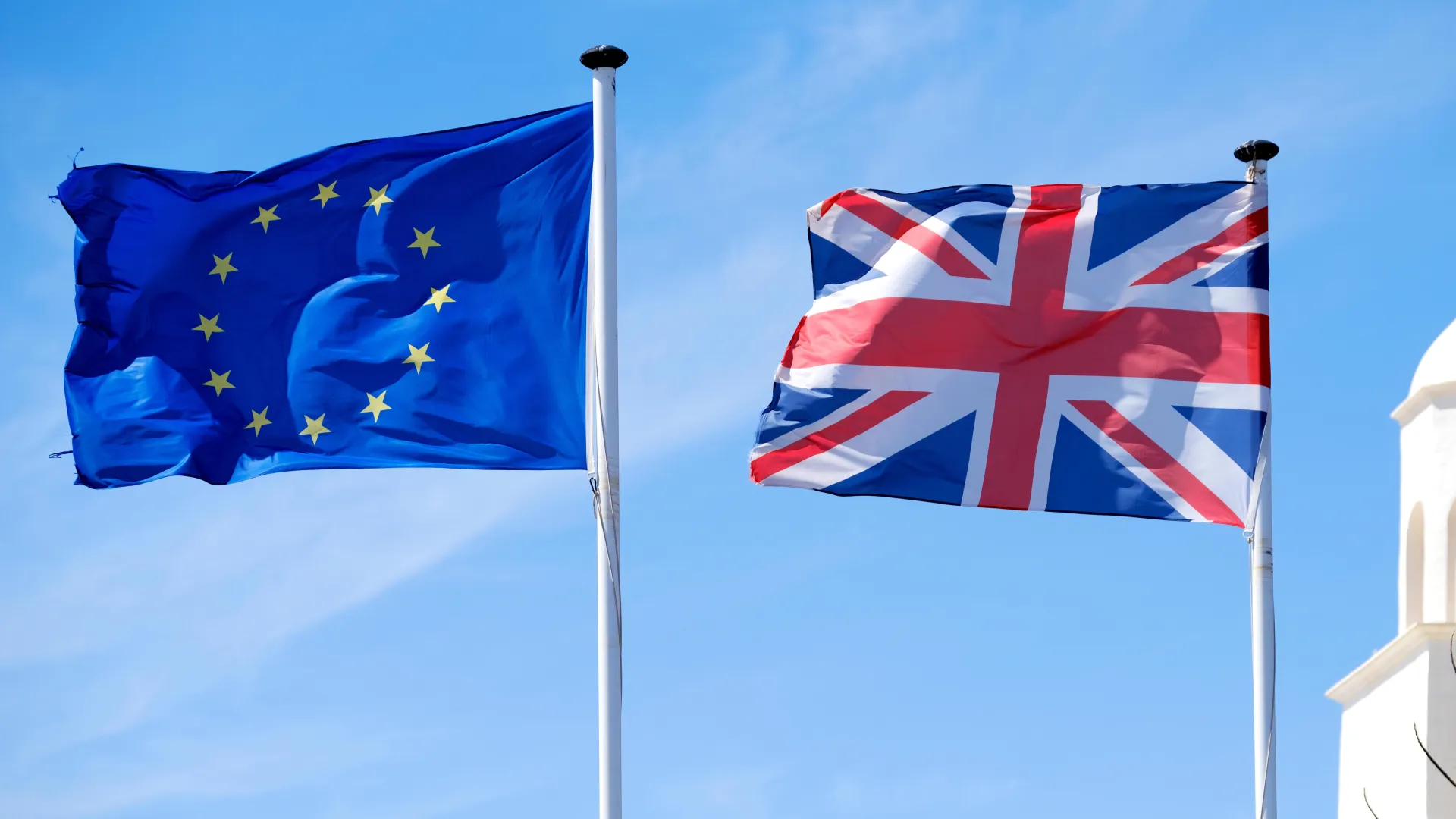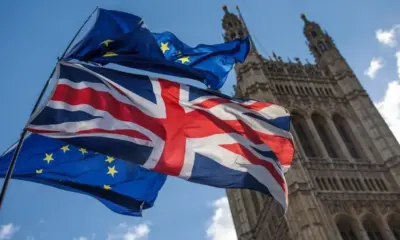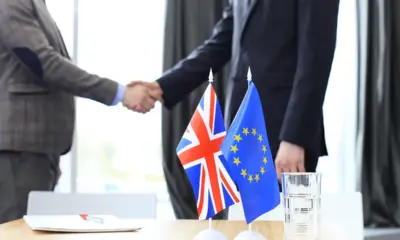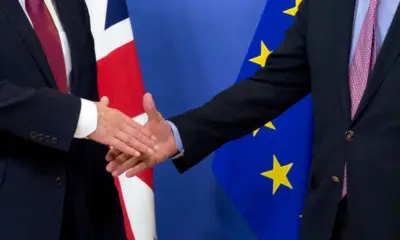News
UK–EU Trade Deal Revision Enters Final Negotiation Phase

The United Kingdom and the European Union have entered the final stage of negotiations to revise their post-Brexit trade agreement. Officials from both sides have expressed cautious optimism that an updated framework could be reached before the end of the year. The new deal aims to address key sticking points that have hampered cross-border trade, including customs checks, digital regulations, and agricultural standards. As talks intensify, the outcome will shape not only the economic relationship between London and Brussels but also the future of European trade policy in an increasingly competitive global environment.
Progress on Key Trade Issues
Since the signing of the original Brexit trade deal, businesses across the United Kingdom and the European Union have faced persistent challenges in moving goods, data, and services across borders. The current negotiations are designed to simplify these processes and reduce trade friction. Both sides are particularly focused on reforming the customs system to allow smoother movement of goods while maintaining regulatory standards.
Officials have indicated that significant progress has been made on digital trade and technology alignment. Discussions have centered on data protection, cross-border fintech services, and rules governing artificial intelligence applications. British negotiators are pushing for mutual recognition of digital compliance frameworks that would allow technology companies to operate more efficiently between the UK and EU markets. Such measures are seen as crucial for maintaining London’s position as a global hub for financial technology.
Agriculture remains another sensitive area. Farmers on both sides are concerned about maintaining fair competition and environmental standards. The United Kingdom is advocating for more flexibility in food certification procedures, while the European Union insists on preserving its stringent regulatory model. Analysts suggest that compromise will likely come through an updated version of the “trusted trader” scheme, which would allow approved exporters to bypass certain checks under monitored conditions.
On energy and climate cooperation, negotiators are exploring ways to enhance coordination on carbon pricing and renewable energy integration. With both regions aiming for net-zero targets, aligning climate policy has become a strategic priority. The renewed agreement could strengthen joint investment in offshore wind projects and cross-border energy grids, providing long-term benefits for both economies.
Political and Economic Stakes
The trade talks carry major political weight for both Prime Minister Rishi Sunak and European Commission President Ursula von der Leyen. For Sunak, a successful outcome would demonstrate that the UK can build a pragmatic and forward-looking relationship with Europe while maintaining sovereignty. It could also help his government counter criticism from business groups frustrated by post-Brexit bureaucracy.
For the European Union, the talks present an opportunity to reaffirm stability with one of its largest trading partners while showcasing the bloc’s capacity for flexible diplomacy. European exporters have also pushed for streamlined trade arrangements to restore pre-Brexit efficiency levels, particularly in manufacturing and automotive industries.
Economically, the revision could have far-reaching implications. A more efficient customs system could save UK businesses billions annually in administrative costs, while improving access to European markets. Financial institutions are especially eager for regulatory alignment in areas like digital payments, green finance, and securities trading. The financial services sector, which contributes significantly to Britain’s GDP, has lobbied for inclusion in the talks after being largely excluded from the initial trade deal.
However, domestic politics remain a challenge. Within the United Kingdom, some members of Parliament are wary that closer alignment with Brussels could compromise national regulatory autonomy. Pro-Brexit groups have warned that reintroducing elements of EU oversight would undermine the spirit of independence that drove the 2016 referendum. Meanwhile, opposition parties argue that better cooperation with Europe is essential to strengthen the economy and restore investor confidence.
Market Reaction and Global Context
Financial markets have responded positively to signs of progress in the negotiations. The pound has gained modestly against major currencies as investors interpret the talks as a move toward economic stability. European equities with strong exposure to the UK, such as automotive and logistics firms, have also seen slight gains. Economists predict that a successful revision could boost trade volumes by as much as five percent over the next two years, depending on the final terms.
The talks are being closely watched by global trading partners, including the United States and Asian economies, as a potential model for balancing regulatory cooperation and sovereignty. As the world economy becomes increasingly digital, trade frameworks that can integrate technology, data, and green energy cooperation are viewed as essential for long-term competitiveness.
The geopolitical environment adds another layer of complexity. With global supply chains still adapting to disruptions from the pandemic and recent conflicts, European leaders see a stable UK–EU trade relationship as crucial for regional resilience. Enhanced coordination could also position both sides to play a stronger role in setting international trade standards amid growing competition from the United States and China.
Conclusion
The final phase of UK–EU trade deal revisions marks a pivotal moment in post-Brexit diplomacy. Both sides have shown a renewed willingness to cooperate and modernize their partnership in ways that benefit businesses, consumers, and the environment. While challenges remain, particularly in agriculture and regulatory alignment, the tone of the discussions suggests a pragmatic shift toward mutual benefit rather than political confrontation.
If the negotiations succeed, the revised agreement could usher in a new era of stability and economic opportunity for both the United Kingdom and the European Union. It would send a clear message that constructive engagement remains possible even after a difficult political separation. For now, the world’s eyes are on London and Brussels, where the final details of this landmark trade revision will define the next chapter in Europe’s evolving economic story.
















